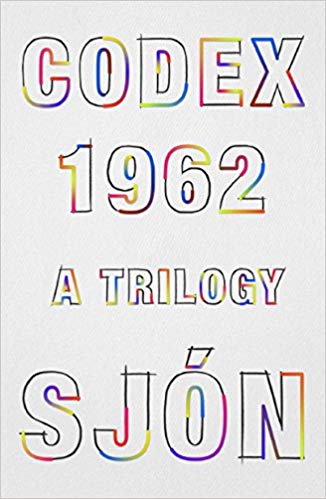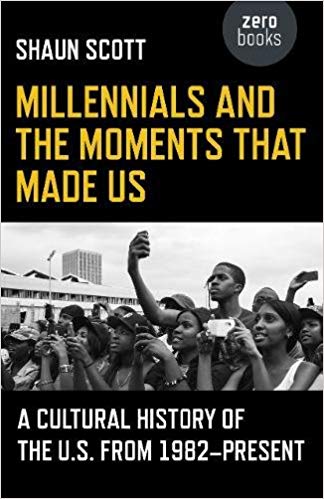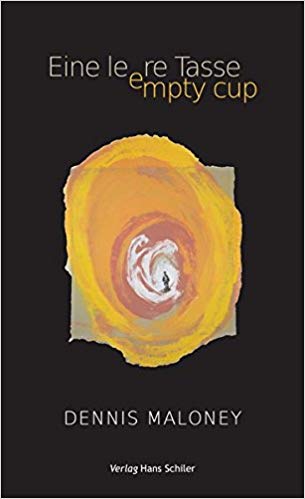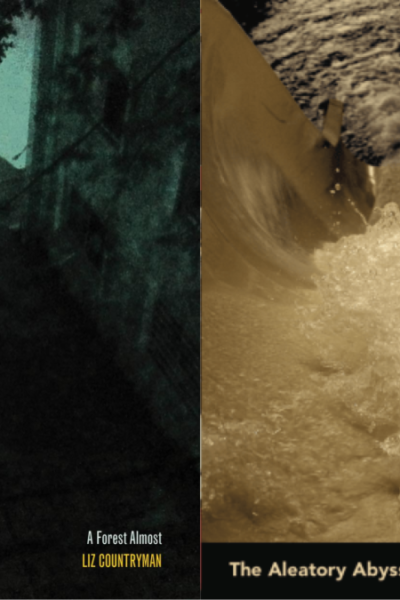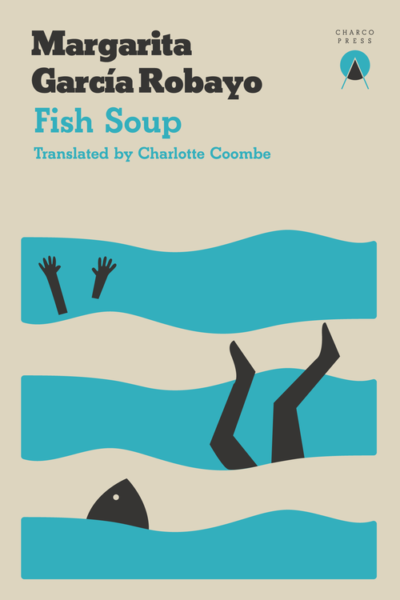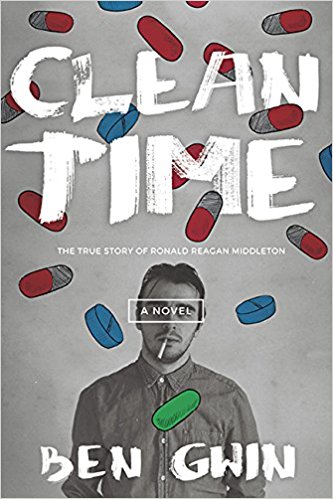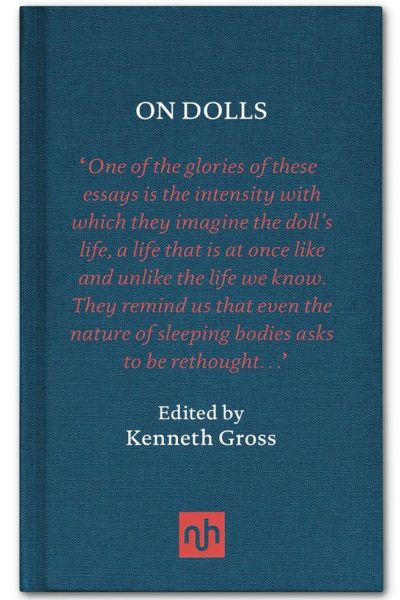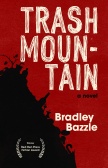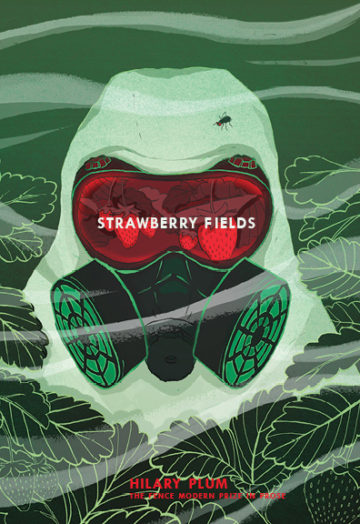It’s easy to forget that stories are rarely the work of any individual, but part of a collective process of telling and retelling — borrowing, alluding or stealing. There’s reason to be hopeful.
Millennials and the Moments that Made Us – Shaun Scott
[Shaun Scott] uses the book as an occasion to decenter and problematize the mainstream cultural idea of the American Millennial as any middle- or upper-class white twenty-something with a liberal arts degree trying to make it as, say, a voice of a generation.
Language, poetry, and the act of translation are, then, inherently communal acts because they all involve ways of knowing one’s self, sharing that self, and as a result, eliminating a sense of otherness among communities.
A Forest Almost – Liz Countryman // The Aleatory Abyss – Evelyn Hampton
The inability to believe in the future, a failure that we humans have made possible — we have exceeded ourselves, haha! — has created, not unhappiness, but ____________________.
Fish Soup – Margarita García Robayo
As she deftly mobilizes themes of mobility and immobility, García Robayo demonstrates not only how circumstances catch us with little promise of release but also how we get caught up in the idea of finding a way to escape.
Clean Time: The True Story of Ronald Reagan Middleton – Ben Gwin
As the endless 24-hour news cycle increasingly feels like performance for profit rather than reporting, CLEAN TIME: THE TRUE STORY OF RONALD REAGAN MIDDLETON rings true with its deft prescience.
Etel Adnan gets at reality by melting into the world around her, she lets herself be subsumed by nature, welcomes mountains and waves.
These writers force the dolls into utterance until they become spiritual interlocutors reporting on the mysteries of the human condition.
Trash Mountain – Bradley Bazzle
Having an enemy — that is, something towards which to direct his anger — is, in this way, Ben’s saving grace.
Strawberry Fields – Hilary Plum
If STRAWBERRY FIELDS deflects some of our attention away from the usual interest in plot and character, its formal arrangement deftly reinforces its ethical ambitions.


